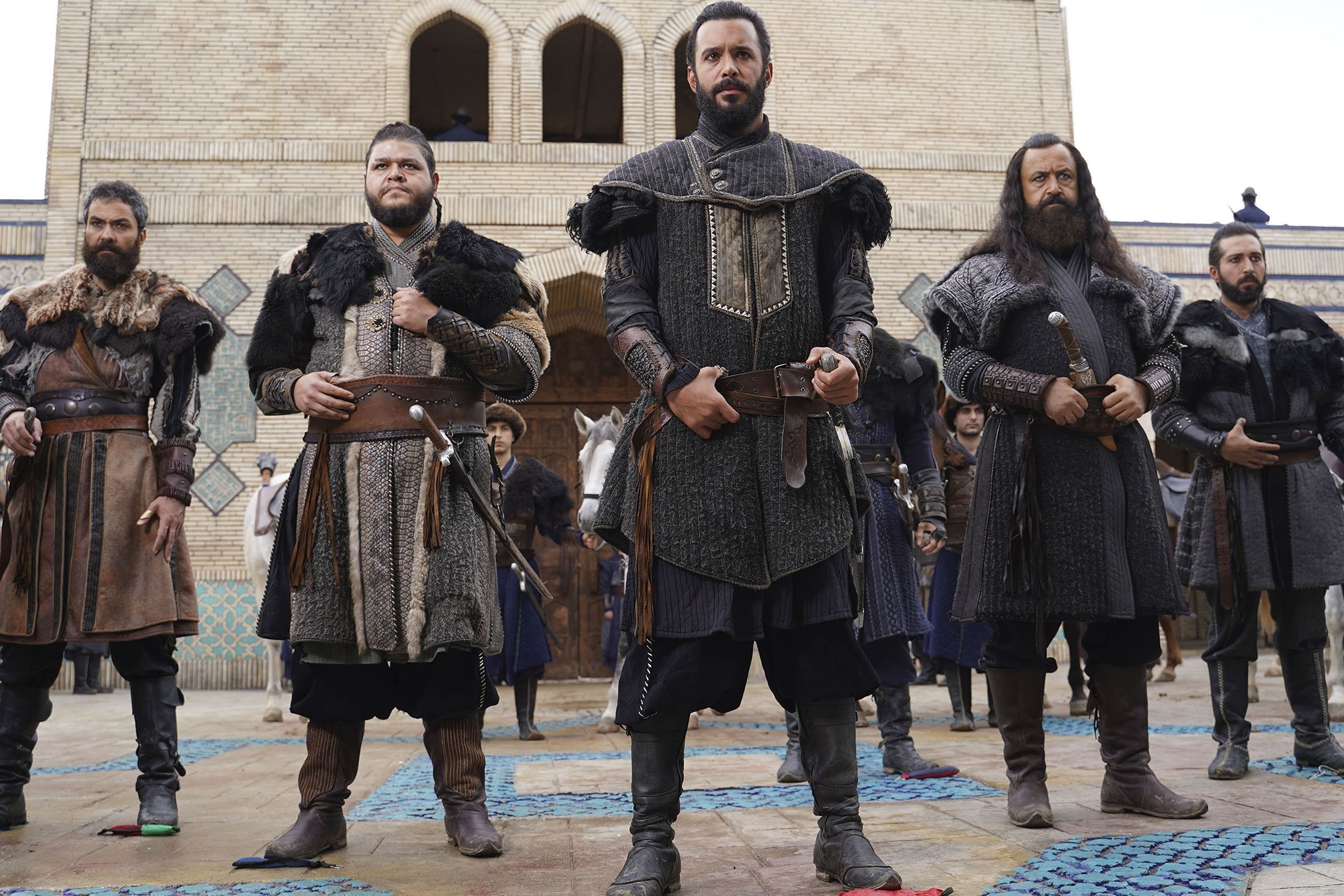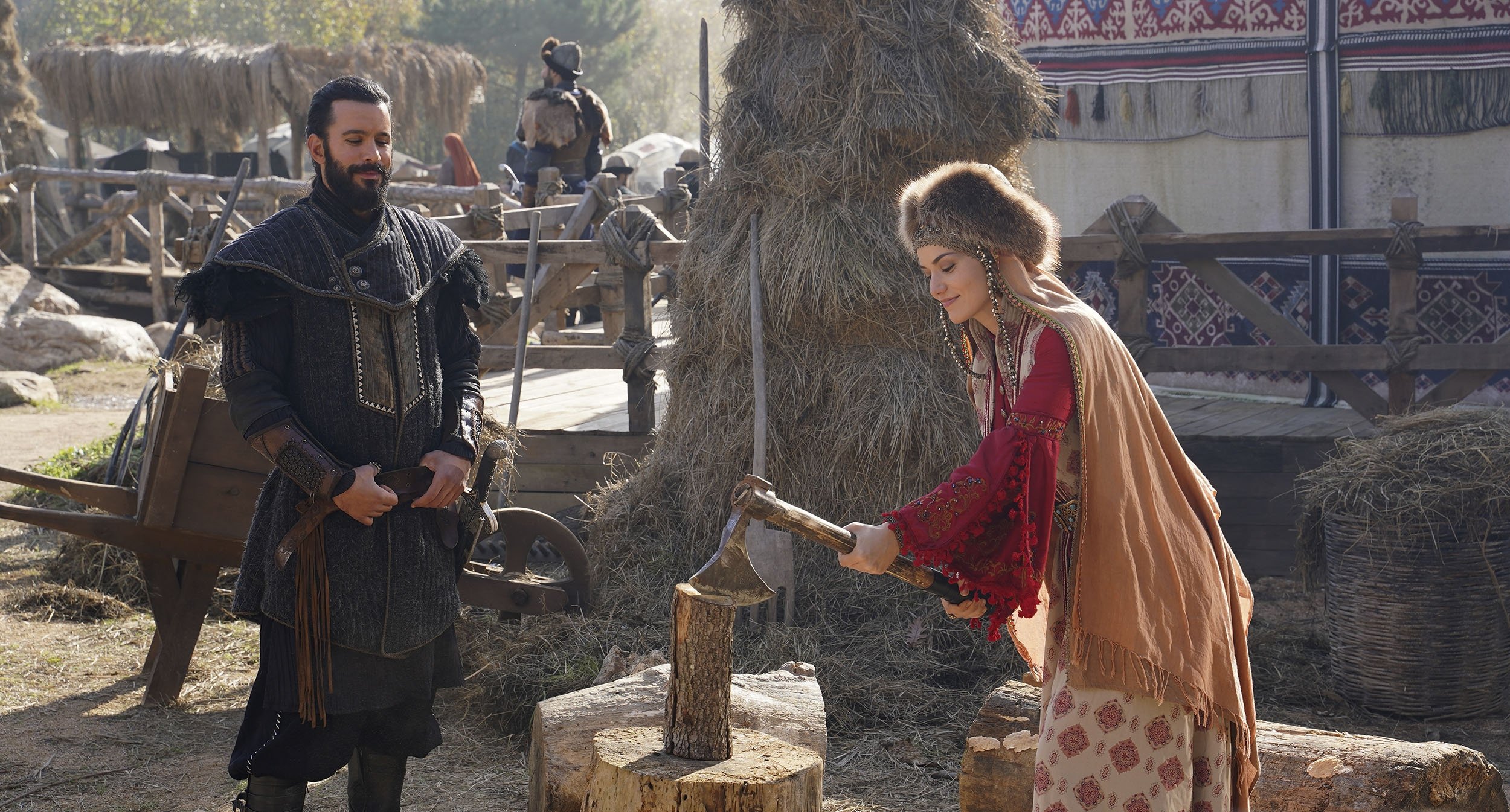He fought for his faith, his people, and a future that would outlive him
Alparslan: The Great Seljuks is a sweeping historical epic that chronicles the early life and conquests of Sultan Alparslan, one of the most legendary figures in Turkish and Islamic history. A spiritual successor to Uyanış: Büyük Selçuklu (The Great Seljuks: Guardians of Justice), this Turkish drama brings war, politics, and faith together in a visually stunning, emotionally charged retelling of the rise of the Seljuk Empire.
Set in the 11th century, the series follows Alparslan—a brilliant strategist, devout Muslim, and fearless warrior—on his path from prince to conqueror. Born into the turmoil of dynastic conflict and surrounded by enemies on all sides (Byzantines, Armenians, rival Turks), Alparslan must prove himself through sword, wisdom, and unwavering devotion. The show captures both the blood-soaked battlefields and the delicate chessboard of palace politics, where betrayal often strikes faster than any blade.

Played with commanding presence by Barış Arduç, Alparslan is portrayed as a leader driven not by personal ambition, but by duty to his people and faith. His journey to the Battle of Manzikert (1071)—where he famously defeated the Byzantine army—is the central arc, painting a portrait of a man whose courage reshaped a continent and opened Anatolia to Turkish rule.
The production is rich with historical detail—elaborate costumes, grand citadels, and meticulously choreographed battles. Yet the show doesn’t shy away from inner conflict: Alparslan's loyalty to family is tested by politics, his love is threatened by war, and his ideals constantly clash with the brutal demands of empire-building.

In a landscape filled with global historical dramas, Alparslan: The Great Seljuks stands out for its blend of national pride, Islamic heritage, and universal storytelling. It's not just about the rise of a sultan—it’s about identity, sacrifice, and the legacy one man can leave behind.
-1751449491-q80.webp)


